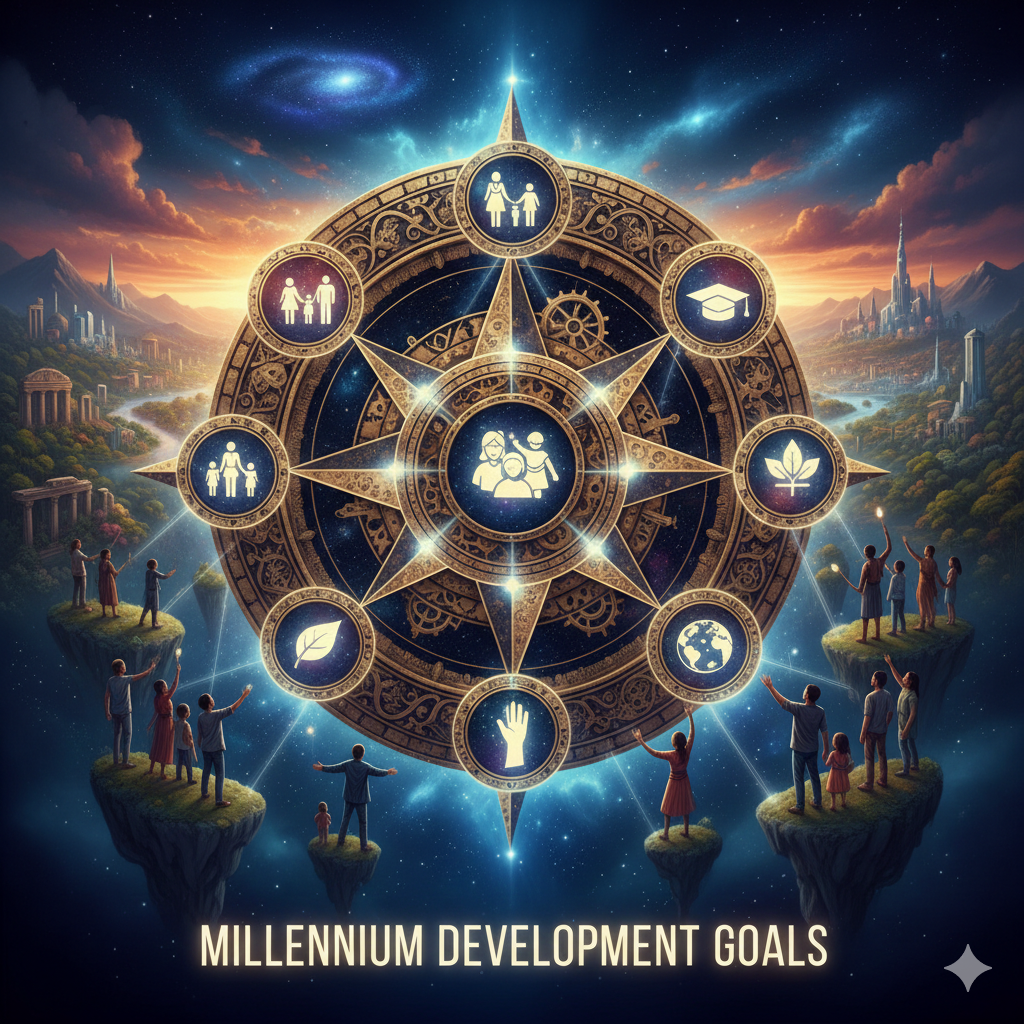Introduction
Technology is advancing at an unprecedented pace, transforming every aspect of human life. Emerging technologies such as artificial intelligence (AI), biotechnology, quantum computing, blockchain, and nanotechnology are shaping the future. These innovations influence human interaction, healthcare, and economic structures. This article explores various emerging technologies, their implications on society, human health, and the global economy.
1. Artificial Intelligence (AI) and Machine Learning
Impact on Humans
AI is revolutionizing human interactions with machines and the world. From virtual assistants to smart homes, AI is enhancing efficiency and decision-making. However, it raises concerns about job displacement and ethical challenges related to bias and privacy.
Impact on Human Health
AI-powered diagnostics improve healthcare outcomes by detecting diseases like cancer at an early stage. Robotic surgeries, personalized medicine, and AI-driven drug discovery are accelerating medical advancements. However, dependency on AI in healthcare also raises concerns regarding data security and ethical considerations.
Impact on Economy
AI is boosting productivity across industries by automating repetitive tasks. It is expected to contribute trillions of dollars to the global economy. However, automation threatens traditional jobs, necessitating reskilling efforts to prevent unemployment.
2. Biotechnology and Genetic Engineering
Impact on Humans
Biotechnology is transforming agriculture, medicine, and environmental conservation. Genetically modified organisms (GMOs) improve food security, while CRISPR gene-editing technology offers new possibilities for treating genetic disorders. However, ethical concerns exist regarding genetic modifications and their long-term effects.
Impact on Human Health
Advances in biotechnology enable personalized treatments, gene therapy, and the development of vaccines, including mRNA technology used in COVID-19 vaccines. Stem cell research and regenerative medicine offer hope for treating chronic diseases. However, potential misuse of genetic editing poses ethical and safety risks.
Impact on Economy
Biotech innovations create new markets in pharmaceuticals, agriculture, and biofuels. They drive economic growth through investments in research and development. However, high costs and regulatory challenges can slow widespread adoption.
3. Quantum Computing
Impact on Humans
Quantum computers have the potential to solve complex problems beyond the capabilities of classical computers. They will revolutionize fields such as cryptography, logistics, and climate modeling. However, their impact on data security could be a double-edged sword, as they may render current encryption methods obsolete.
Impact on Human Health
Quantum computing could accelerate drug discovery and medical research by simulating molecular interactions at an unprecedented scale. This technology can improve precision medicine by analyzing vast datasets efficiently. However, practical applications are still in their early stages.
Impact on Economy
Quantum computing will give a competitive advantage to companies investing in its development. Industries such as finance, cybersecurity, and supply chain management will benefit. However, high costs and technical challenges limit immediate economic benefits.
4. Blockchain and Cryptocurrency
Impact on Humans
Blockchain provides a decentralized and secure way to record transactions. It enhances transparency in financial transactions, voting systems, and supply chains. However, cryptocurrency volatility and regulatory challenges create uncertainty for users.
Impact on Human Health
Blockchain can improve medical record management by ensuring security, privacy, and interoperability between healthcare systems. Patients can have better control over their health data, reducing fraud and improving care coordination.
Impact on Economy
Cryptocurrencies challenge traditional banking by providing decentralized financial systems. They enable cross-border transactions without intermediaries, but their volatility affects market stability. Governments are exploring regulations to integrate blockchain technology into mainstream finance.
5. Internet of Things (IoT)
Impact on Humans
IoT connects devices, creating smart homes, cities, and industries. It enhances convenience and efficiency by automating daily tasks. However, cybersecurity risks and privacy concerns arise due to increased data collection.
Impact on Human Health
Wearable health devices powered by IoT track vital signs, detect early health issues, and enable remote patient monitoring. Smart hospitals use IoT to improve patient care. However, data breaches pose risks to patient confidentiality.
Impact on Economy
IoT boosts industrial automation, reducing costs and improving efficiency. Smart factories optimize production and energy consumption. However, cybersecurity threats and high implementation costs challenge widespread adoption.
6. Nanotechnology
Impact on Humans
Nanotechnology enables the development of advanced materials with improved properties. It enhances consumer products, energy storage, and water purification. However, potential health risks associated with nanoparticles require further research.
Impact on Human Health
Nanomedicine is revolutionizing drug delivery, enabling targeted treatments with minimal side effects. It aids in cancer therapy, regenerative medicine, and diagnostics. However, long-term effects of nanoparticles on human health are still unknown.
Impact on Economy
Nanotechnology drives innovation in multiple industries, from electronics to healthcare. It creates high-value jobs in research and manufacturing. However, regulatory hurdles and environmental concerns could slow its growth.
7. Renewable Energy Technologies
Impact on Humans
Renewable energy sources like solar, wind, and hydropower reduce dependence on fossil fuels, combating climate change. Energy independence benefits individuals and communities. However, transitioning to renewables requires infrastructural changes.
Impact on Human Health
Clean energy reduces air pollution, decreasing respiratory diseases and environmental hazards. Sustainable solutions improve public health and contribute to a healthier environment. However, battery production for energy storage raises ecological concerns.
Impact on Economy
Renewable energy creates jobs in manufacturing, installation, and maintenance. It attracts investments in green technologies. However, initial costs and reliance on government incentives affect widespread adoption.
8. Robotics and Automation
Impact on Humans
Robotics is transforming industries by automating repetitive tasks. From self-driving cars to robotic assistants, it enhances convenience. However, it raises concerns about job losses and ethical dilemmas regarding autonomous decision-making.
Impact on Human Health
Robotic surgeries improve precision, reducing recovery times. Assistive robots aid the elderly and disabled in daily activities. However, reliance on automation in healthcare may reduce human interactions, affecting patient experience.
Impact on Economy
Automation boosts productivity and reduces labor costs. It enhances manufacturing, logistics, and service industries. However, workforce displacement requires policies to retrain workers for new roles.
Conclusion
Emerging technologies are reshaping society, offering both opportunities and challenges. AI, biotechnology, quantum computing, blockchain, IoT, nanotechnology, renewable energy, and robotics are revolutionizing human life, healthcare, and the economy. While these innovations improve efficiency, healthcare outcomes, and economic growth, they also pose ethical, social, and regulatory challenges. Governments, industries, and individuals must collaborate to ensure responsible technology adoption, balancing progress with ethical considerations.
By embracing technological advancements while addressing their risks, humanity can create a future where innovation serves the greater good.




